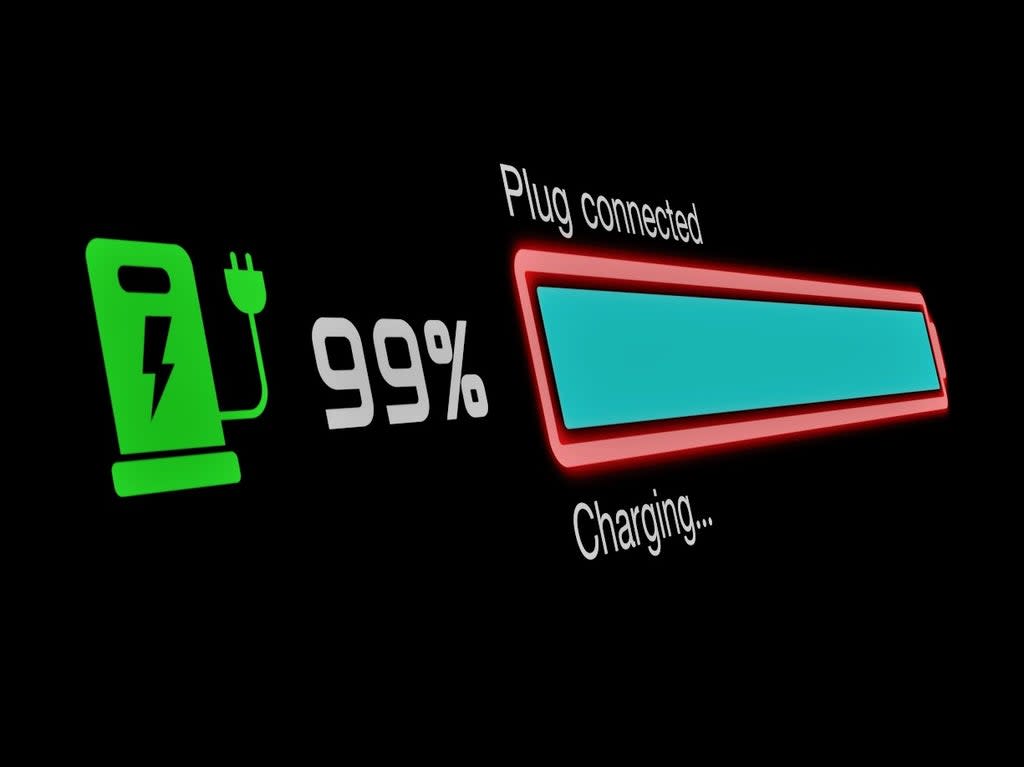Quantum battery can recharge electric car in 90 seconds, researchers reveal

A new type of battery charging technology could reduce the charge times of electric vehicles from hours to minutes, researchers claim.
Calculations made by scientists at the Institute for Basic Science in South Korea revealed that so-called quantum batteries would reduce typical home charging times of electric cars from 10 hours to just three minutes.
Charging at supercharger stations would be even quicker, dropping from around 30 minutes to 90 seconds – roughly the same amount of time it takes to fill a fuel-powered vehicle’s tank.
Quantum batteries work through a phenomenon known as superabsorption, which involves a quantum mechanical principle relating to a molecule’s ability to absorb light.
The process reduces the charging time the more the molecules become entangled, meaning a quantum battery’s charge time becomes faster as the size of the battery increases.
“The source of this quantum speedup lies in the use of entangling operations, in which the cells are charged collectively as a whole,” the researchers noted in their study, published this week in the physics journal Physical Review Letters.
“In contrast, classical batteries are charged in parallel, meaning that each cell is charged independently of each other.”

The extraordinary properties of quantum technologies have seen billions of dollars poured into adjacent fields like quantum computing and quantum cryptography, though quantum batteries remain relatively unexplored in terms of practical applications.
Earlier this year, researchers demonstrated a proof-of-concept device that used lasers to charge a quantum battery.
More development is needed before a fully functioning quantum battery prototype can be built, which scientists hope will usher in a new era of ultra-efficient batteries for use in electric vehicles and electronic devices.
It is hoped that the latest findings will incentivise funding agencies and businesses to invest in quantum charging and quantum battery technologies, which the researchers claim could “completely revolutionise” the way we use energy.

 Yahoo Movies
Yahoo Movies 
